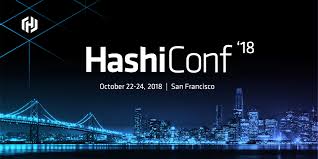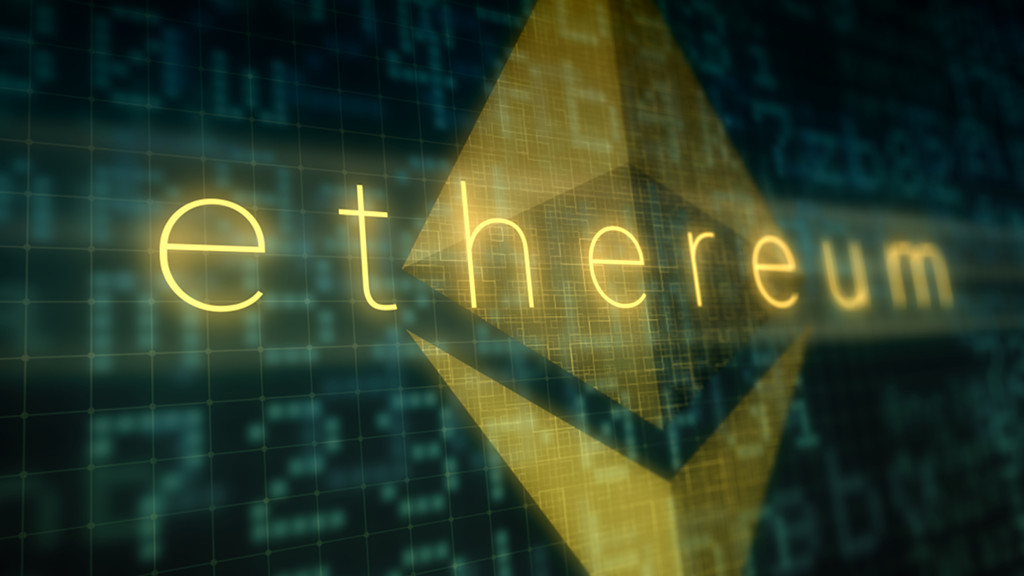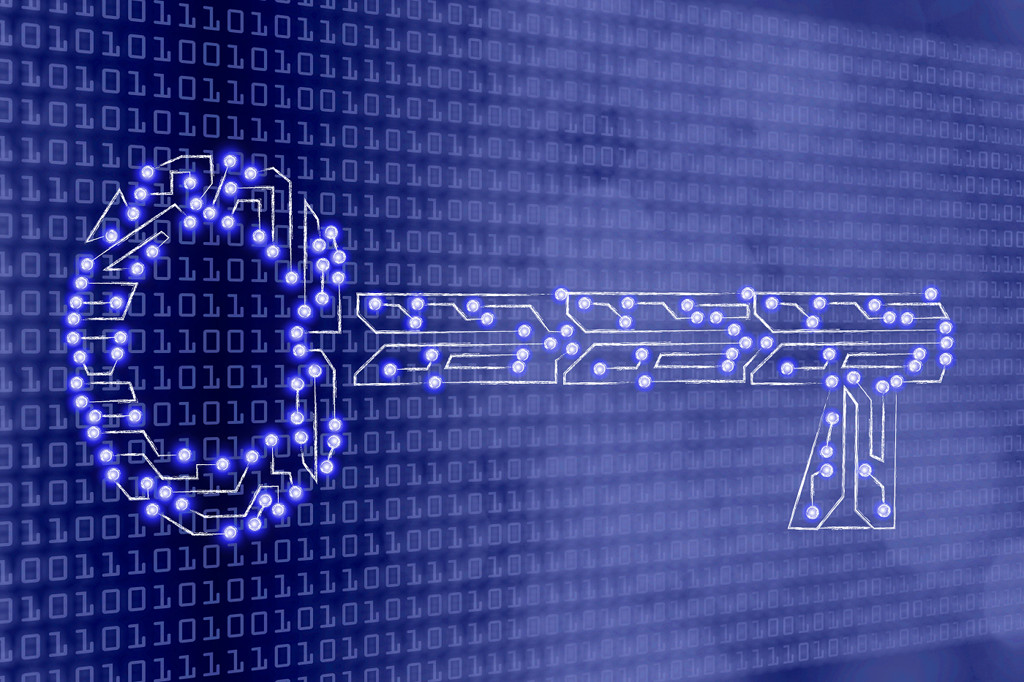Managing fine-grain access controls and the provisioning of application credentials at scale has always been fraught with complexities. Add to that the compliance challenges of operating in a regulated environment and the operational constraints of heterogenous environments (cloud and on-prem) and things get harder. And now we have blockchain...
The Primacy of Secrets-Oriented Infrastructure and Workflows



The use of secrets underlies all of information technology - both legacy and modern. Strangely enough, the workflows for managing secrets and their access controls have rarely been effectively automated in CI/CD systems. They have often been treated as adhoc and exceptional processes with piecemeal automation.
We at Immutability believe that secrets-oriented workflows and infrastructure should be treated as first-class citizens in any automation landscape. So we have developed an innovative as-code approach to automating the entire lifecycle of secrets, access controls and the infrastructure that supports them.
Workflows, access controls and infrastructure all require governance. At the heart of our model is a curation mechanism that incentivizes quality code committers and disincentivizes deployments that don't reflect the values of stakeholders.
Read MoreWhile we are developing our products, we can offer:
The Immutability team has years of experience designing, securing and operating enterprise-class systems at scale.
The team maintains several OSS projects including HashiCorp Vault and Terraform plugins, Ethereum and Bitcoin wallets, and static security analysis of AWS infrastructure.
The League of Immutable Gentlepeople is an open community that exists to share experiences, advice and code. Connect with us.
Projects, talks and articles by the team

Blockchain is a composable security context that can be leveraged today to build trust and transparency among all the counterparties to the software delivery process.

This talk and live demo will show how Vault and its plugin architecture provide a framework to build blockchain wallets for the enterprise.

An Ethereum Wallet is a gateway to decentralized applications on the Ethereum blockchain. It allows you to hold and secure ether and other crypto-assets built on Ethereum, as well as deploy and use smart contracts. This blog will look at how the two can work seamlessly together.

Cesar Rodriguez' collection of security and best practice test for static code analysis of terraform templates

Adam McNeely's plugin allows Terraform deployments and management of Apigee API proxies, deployments, products, companies, developers, apps, and target servers.

A plugin that turns Vault into an Ethereum wallet.

A plugin that turns Vault into a Bitcoin wallet.

A Vault plugin that solves for trust in a decentralized way.

A Vault plugin that can perform password grants, refresh toke or access token grants.

Effective governance requires feedback: listen, respond and let go.